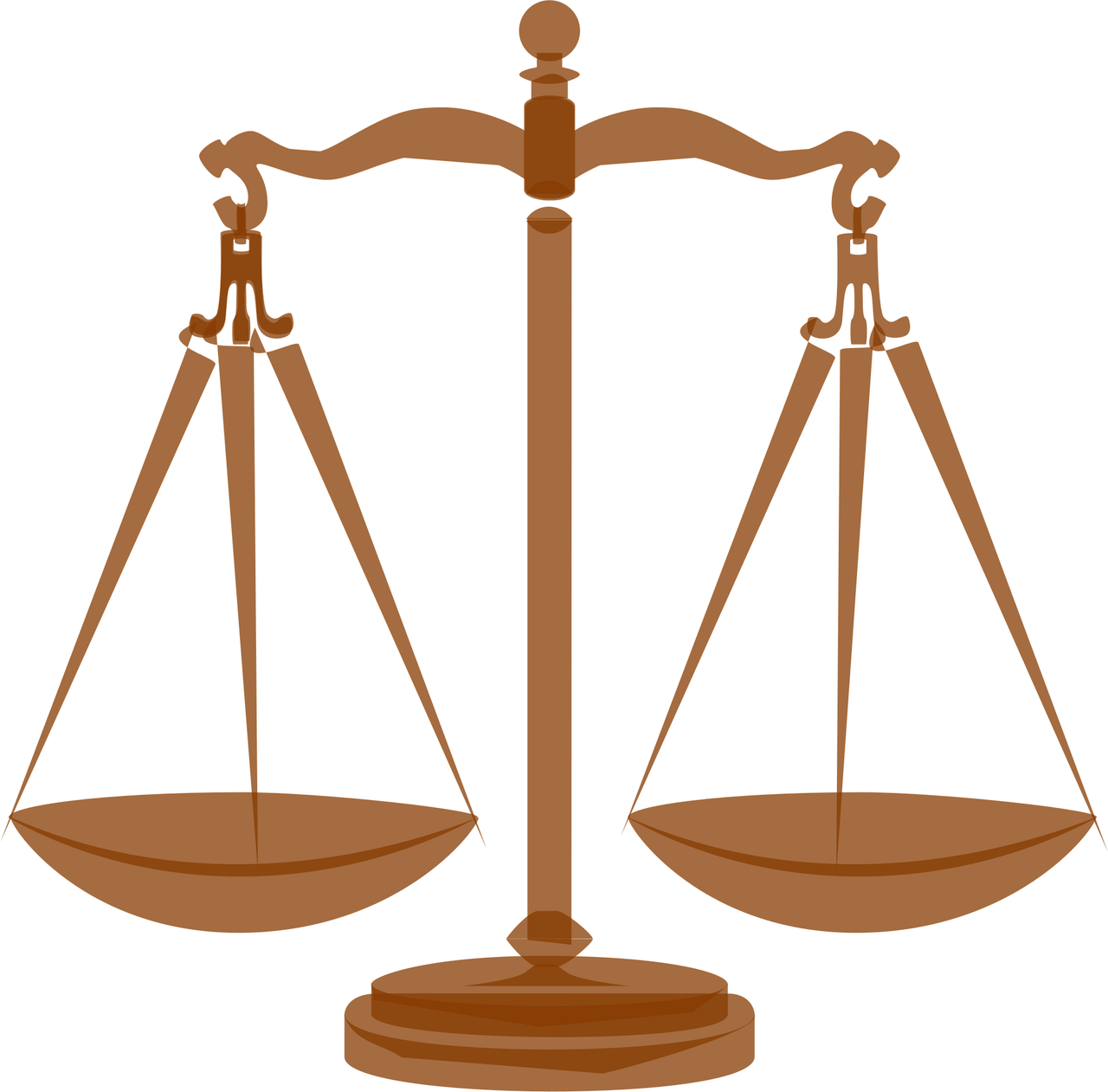Ethics: Stunning Origins of Moral Roots Unveiled
Ethics, the invisible framework shaping human behavior, has guided societies for millennia. But where did this moral compass originate? Recent insights into anthropology, philosophy, and history reveal that our understanding of right and wrong is not a modern invention but a tapestry woven from ancient survival instincts, cultural evolution, and profound philosophical inquiry.
—
Ethics in Ancient Survival: The Primal Blueprint
Long before formal laws or religious doctrines, early humans relied on rudimentary ethical norms to survive. Anthropologists suggest that cooperation—essential for hunting, sharing resources, and protecting kin—laid the groundwork for moral behavior. Acts like fairness in food distribution or loyalty to group members became evolutionary advantages. These primal instincts, encoded over generations, formed the earliest threads of ethics.
Evidence from prehistoric burial sites, where care was taken to honor the dead, hints at emerging concepts of dignity and respect. Such practices reveal that even our ancestors grappled with questions of value and communal responsibility, planting seeds for more structured moral systems.
—
Sacred Codes: Ethics and the Rise of Religion
As civilizations flourished, ethics became intertwined with spirituality. Ancient texts like the Code of Hammurabi (circa 1754 BCE) blended legal justice with divine mandate, asserting that moral order was decreed by gods. Similarly, Hindu Vedas, Buddhist teachings, and the Judeo-Christian Ten Commandments framed ethical duties as sacred obligations.
Religious narratives didn’t just dictate rules—they provided why those rules mattered. Stories of karma, divine judgment, or communal harmony linked individual actions to cosmic balance, making morality a matter of both personal virtue and collective destiny.
—
Philosophical Ethics: Reason Takes the Stage
The rise of philosophy marked a pivotal shift: ethics became a subject of debate rather than dogma. In ancient Greece, Aristotle argued that virtue was cultivated through habit, while Confucius in China emphasized harmony through social roles. These thinkers sought universal principles grounded in human experience, not just tradition or faith.
The Enlightenment era further secularized ethics. Immanuel Kant’s “categorical imperative” urged people to act only on principles that could be universalized, while utilitarians like John Stuart Mill prioritized outcomes over intent. Such ideas democratized morality, suggesting that anyone—not just rulers or priests—could engage in ethical reasoning.
—
Modern Ethics: Navigating Complexity
Today’s moral landscape is shaped by globalization and technology, presenting dilemmas our ancestors never imagined. Bioethics debates over genetic engineering, AI’s role in decision-making, and climate justice demand frameworks that balance progress with responsibility.
Yet, core questions remain unchanged: What obligations do we owe one another? How do we define “good” in a pluralistic world? Modern ethics draws from its ancient roots, blending empathy, reason, and cultural dialogue to address these challenges.
—
The Timeless Thread of Morality
From survival instincts to AI governance, the journey of ethics reflects humanity’s enduring quest to live well together. Its origins remind us that morality is neither static nor arbitrary—it’s a dynamic conversation spanning millennia. As we face new frontiers, understanding this legacy empowers us to craft a future where compassion and justice remain guiding stars.
In unraveling the past, we find tools to navigate the present—proving that ethics, in all its complexity, is humanity’s oldest and most vital project.


No responses yet